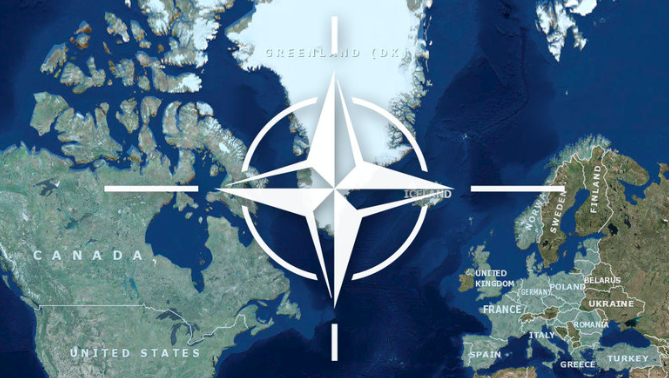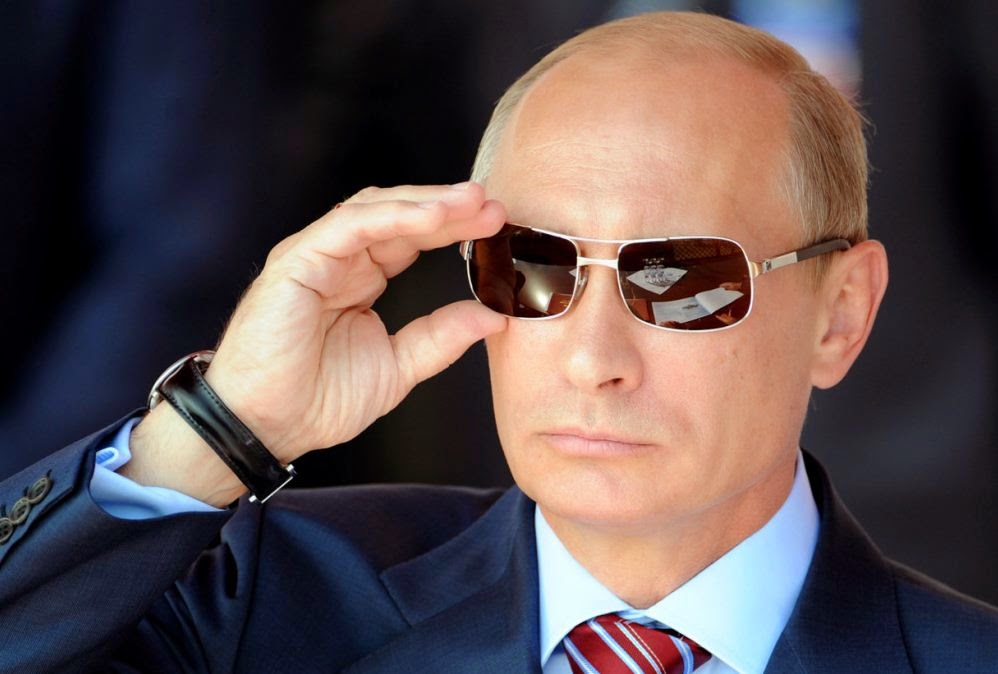NATO is currently at a crossroads, with tensions brewing between allies and some critics questioning the very basis of the alliance’s existence. As Timothy Andrews Sayle demonstrates in his magisterial new book Enduring Alliance: A History of NATO and the Postwar Global Order (Cornell University Press, 2019), these challenges are in fact nothing new. Throughout the history of the world’s longest lasting and most successful military alliance, national interests, public opinion, and external challenges have threatened to undo the basis of the North Atlantic Treaty on countless occasions. Despite this, the alliance has endured. Holding together through the Cold War and beyond, NATO currently boasts the highest support it has had from the American public since 1989, despite – or perhaps because of – the efforts of US President Donald Trump to denigrate the contributions of the alliance and its members.
Providing detailed and meticulously researched insight into the inner-workings of the alliance, Sayle’s account highlights the tensions that have bedevilled NATO since its inception following the end of the Second World War. While many critics ask why the alliance persisted after the collapse of the Soviet Union in the early 1990s, Sayle’s book shows that from its very beginnings NATO has been defined by its flexibility and ability to adapt to changing global circumstances. Citing the possibly apocryphal statement of Lord Ismay, Sayle argues that the best description of NATO’s function at its founding was, ‘to keep the Russians out, the Americans in, and the Germans down.’ At various points in NATO’s history, these goals have jockeyed for precedence but understanding these three priorities is key to understanding the purpose of the alliance.
While the popular perception of NATO is that it was designed and maintained with the sole function of containing Soviet (and later Russian) expansion in eastern Europe, Sayle’s excavation of archival documents and private correspondence clearly proves that this is only part of the story. Instead of painting the NATO-Soviet rivalry through the simplistic binary of a bipolar Cold War, Sayle shows how concerns about the resurgence of German power was at least as prevalent in the minds of NATO’s advocates. Throughout the Cold War and into its aftermath, NATO was intended not only to ensure America’s commitment in the case of Soviet encroachment, but also to prevent the Federal Republic of Germany (FRG) from seeking out its own independent security arrangements or – in a worst-case scenario – its own nuclear weapons. The importance of this is most striking during the period of German unification when, in Sayle’s words, ‘NATO had managed to do what Imperial Russia and Stalin’s Soviet Union could not: limit the possibility – and the historical reality – of Germany striking a militarist and revanchist policy in Europe’ (Sayle, p. 228). In other words, the incorporation of a united Germany into NATO made war in eastern Europe less, not more, likely.
Another important contribution of Sayle’s book is its success at complicating the perception of ‘NATO’ as a single, unitary category of analysis. Contrary to the perspective of public intellectual Noam Chomsky, who calls NATO ‘a global interventionist force run by the United States’, Sayle shows that while America has historically dominated NATO policy, it is overly reductive to consider NATO simply an extension of American foreign policy. There is no doubt that keeping US troops committed to Europe has been a primary goal of NATO since its founding, but Sayle provides numerous examples where US presidents came to loggerheads with their allies, especially France. While smaller NATO members such as Belgium, Canada, and Turkey receive relatively little attention within the book, Sayle does show how competing national interests among the bigger players such as Britain, France, the FRG, and America complicate reductive readings of NATO as simply a stooge to US priorities.
An unfortunate omission from Sayle’s book is a more thorough discussion of the alliance’s role during the breakup of Yugoslavia in the 1990s. In 1999, following a flare-up of ethnic violence between Serbians and ethnic Albanians in the disputed province of Kosovo, NATO launched airstrikes against the forces of Yugoslav president Slobodan Milosevic. The bombing forced Yugoslav armed forces out of Kosovo and led to the establishment of a UN peacekeeping mission in the region. From the perspective of NATO and the Kosovars, the campaign was a much-needed humanitarian intervention that prevented widespread ethnic cleansing. From the Serbian perspective, it was an illegal war of aggression with a civilian death toll in the hundreds. A crucial turning point in NATO’s history that arguably paved the way for a more interventionist role in subsequent conflicts in Afghanistan, Iraq, and Libya, it is surprising that the Yugoslav crisis receives no more than a few sentences of attention.
Nonetheless, the book provides an excellent, thorough, and highly readable account of NATO’s history from its founding in 1949 to the collapse of the Soviet Union in the early 1990s. Enduring Alliance should be the first stop for those seeking to better understand how NATO came into existence, what shape it took, and why it is still relevant in a world in which the Soviet Union no longer exists. While the book provides an excellent survey for interested general readers, Sayle’s heavily-researched revelations regarding the inner-workings of the alliance also provide ample new material to enrich the understanding of specialists. At the alliance’s 70th anniversary, a time when NATO is attracting more public attention than it has in years, Enduring Alliance makes a timely and valuable contribution to our understanding of where the alliance came from and where it may be going.

Featured Picture: Map depicting NATO member-states, by NATO via NATO International. Licensed under Public Domain.
Disclaimer: Any views or opinions expressed in articles are solely those of the authors and do not necessarily represent the views of the NATO Association of Canada.




